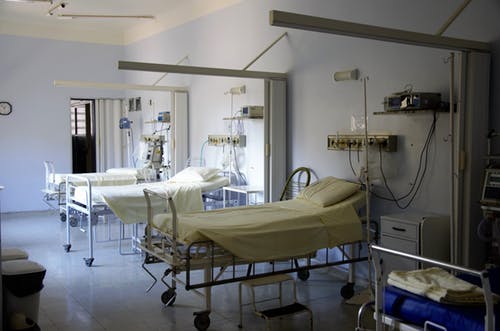Inpatient addiction treatment is for patients whose lives have become more difficult to manage because of their addiction. Hence, such patients need to remain within the treatment facility till they become sober.
Just like other types of addiction treatments, the counselor is also a pivotal force when it comes to helping patients have better lives. Here are some of the functions of a counselor in inpatient addiction treatment.

Creation of a therapeutic alliance
It is important to note that addiction counselors do not necessarily share the same similarities as conventional counselors.
Addiction counselors are aware of the challenges that come with defeating addiction. Hence, they create a bond with their patients, so that they can always rely on them as a profound support system.
They motivate the patient
When addicts are in recovery, some of them may likely feel demotivated to continue. It might be difficult for them to manage the withdrawal symptoms that come with staying away from addiction.
They may find it hard to fight off the cravings, and sometimes, they might feel like they are not doing well in life.
The addiction counselor encourages the addicts to follow through with rehab and treatment. They will also inform them of their progress, and the advantages of their newfound sober lifestyle.
They create a robust recovery and relapse plan
Most addicts have the fear of relapsing when they are in addiction treatment. They know how difficult it is to defeat addiction, and going back to the lifestyle might be too overwhelming for them to handle.
The counselor helps to quell this fear by creating a profound relapse and recovery plan that will help them remain sober permanently.
Supports their loved ones
Sometimes, the family and friends of the addict might not find it easy to deal with the burden that comes with caring for their addicted loved one. The counselor educates them on what to expect, and how they can best support their loved ones so that they can retain their sobriety.




